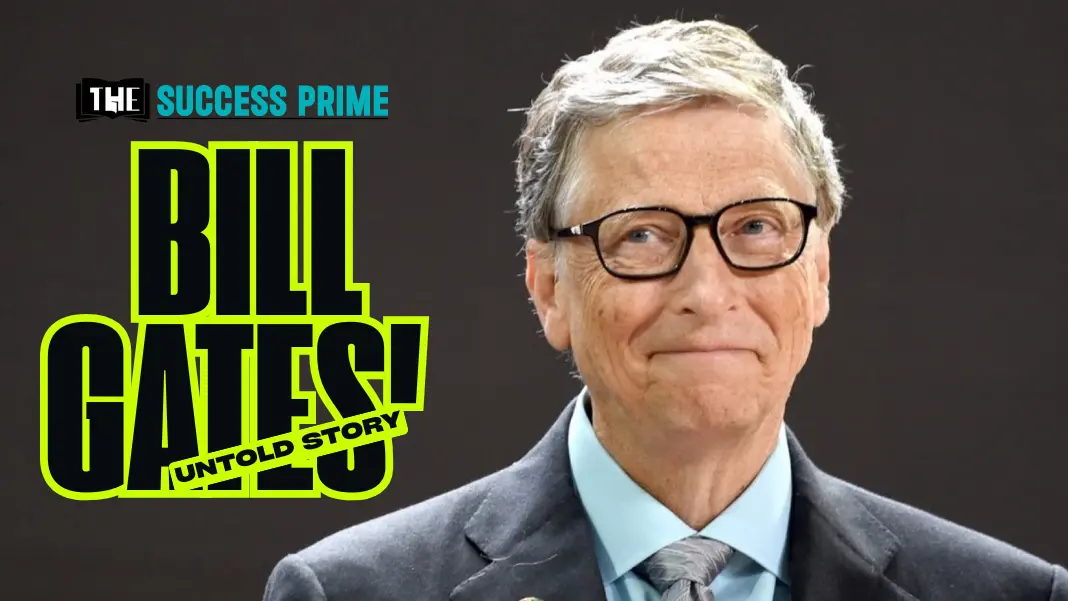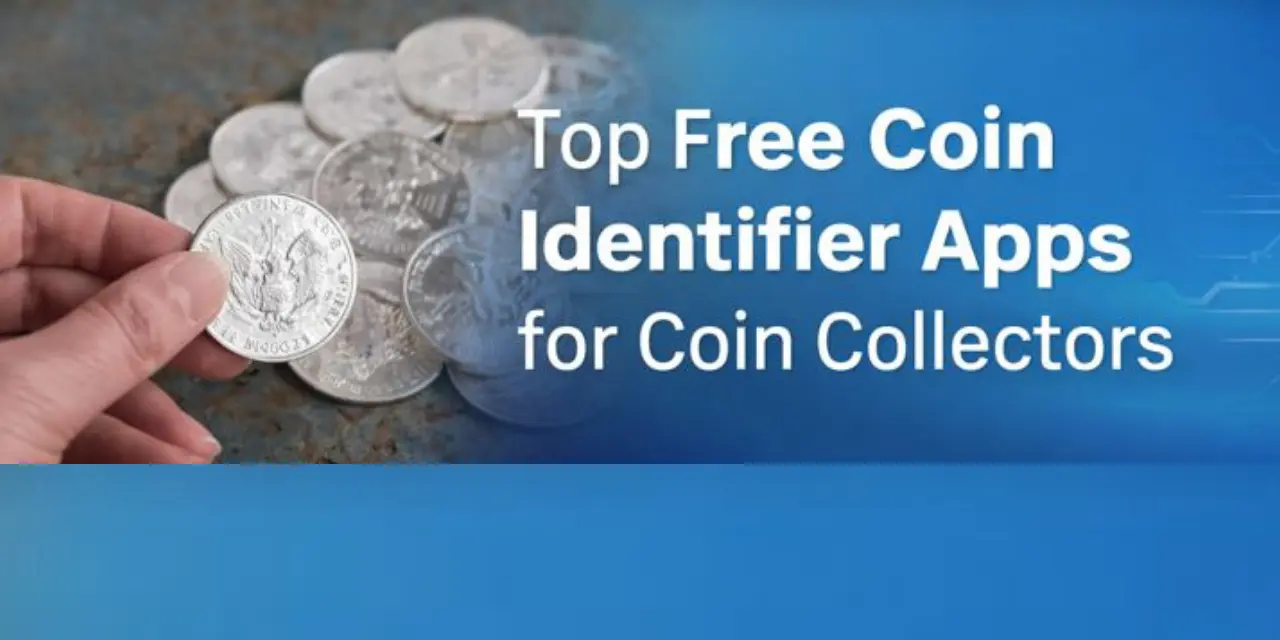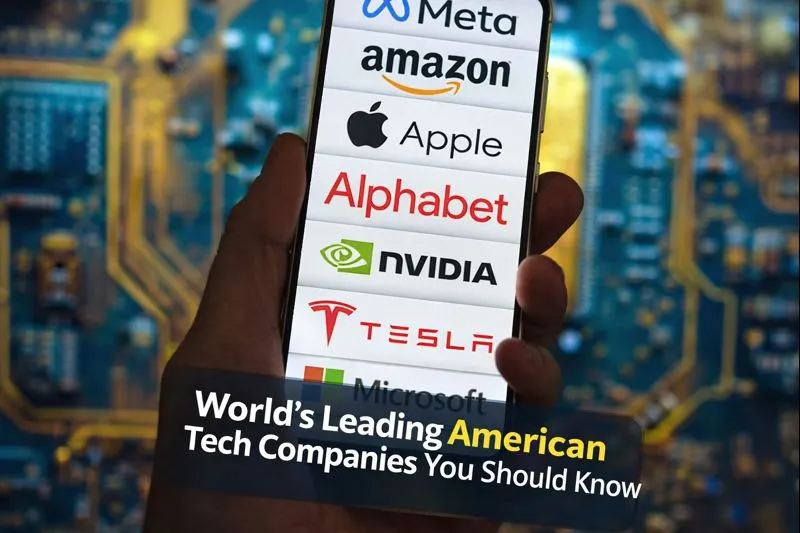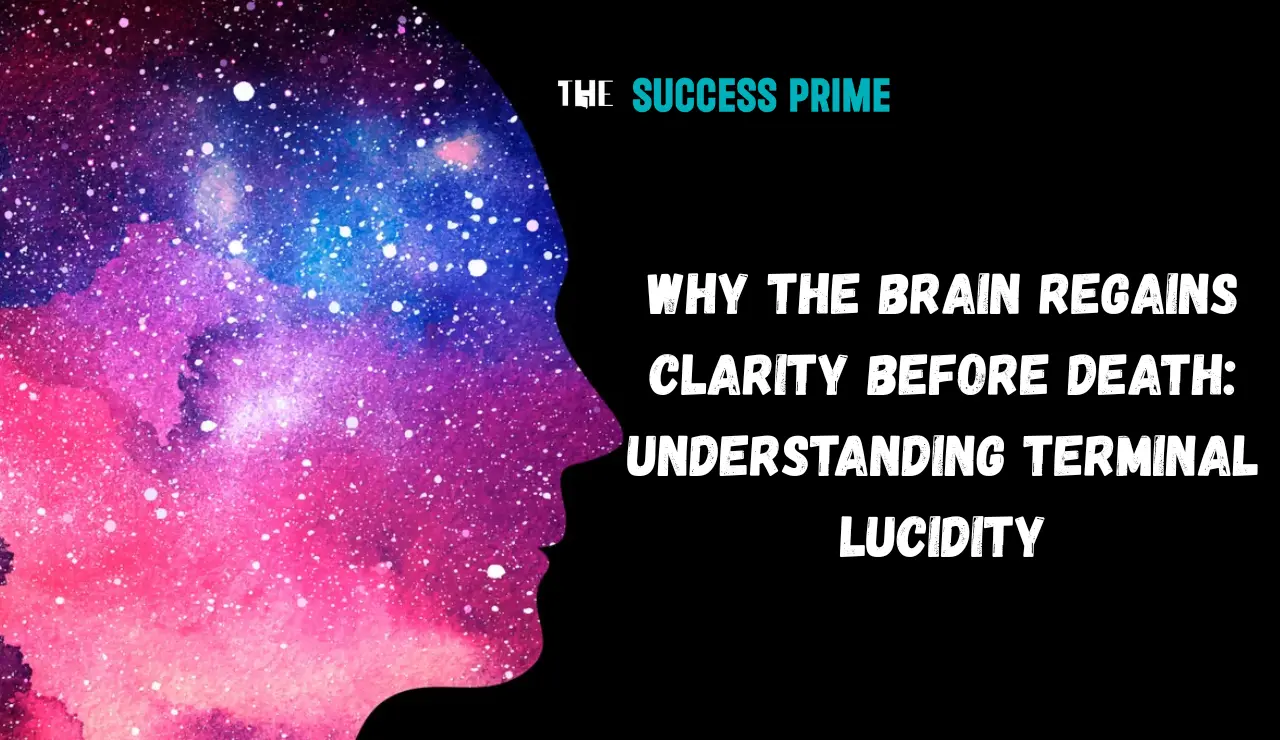Bill Gates’ Untold Story: Startling Disclosures, Quiet Missions, and the Billionaire’s Struggle to Correct What No One Else Will
Know how Bill Gates’s surprise side, including his covert activities, early arrests, and daring inventions in the fields of pandemics, climate change, and toilets. Discover how Gates is subtly changing the world in ways that most people are unaware of by looking beyond Microsoft.
Bill Gates, whose real name is William Henry Gates III, is frequently presented as the guy who helped spark the personal computer revolution and co-founded Microsoft. But there are lesser-known tales that show the depth of his intelligence, peculiarities, and subdued passions that go beyond his well-known legacy of creating software that revolutionized the globe.
Gates, who was born in Seattle in 1955, showed promise at a young age. At a period when computers took up entire rooms, he was captivated by both computers and logic problems. By the age of 13, he began hacking computers and troubleshooting programs to learn how they operated. He was always curious. After leaving Harvard at the age of 20, Gates founded Microsoft with his boyhood buddy Paul Allen. Their first significant breakthrough occurred when IBM decided to use their MS-DOS operating system on their computers, a move that would revolutionize the technology industry.
Writing code was only one aspect of Gates’ true talent; another was his ability to see a future that others could not. He licensed Windows to all of the major PC manufacturers, while his rivals concentrated on hardware. By the middle of the 1990s, Gates was the richest man on the planet thanks to the tech empire he developed with that business strategy.
That’s just half the tale, though.
Few are aware of Gates’ decades-long personal goal to address issues outside technology, such as redesigning bathrooms and curing illnesses. He has pledged more than $50 billion through the Bill & Melinda Gates Foundation to fight malaria, fund pandemic preparation, enhance education systems, and support vaccine development.
Moreover, Gates sequesters himself for “Think Weeks” to read, write, and strategize, and he reads around fifty books year. He wishes he had studied more languages. He supports nuclear innovation as a climate strategy and is captivated by energy possibilities. As a modest reminder that even visionaries have bad days, he was once imprisoned for running a stop sign.
The most unexpected aspect about Gates, though, may be how subtly radical some of his ideas are. Gates has invested millions on unglamorous but essential discoveries, such as inventing inexpensive toilets that can operate without water or power, which address sanitation issues in poor nations, whereas most billionaires spend in luxury or legacy. Additionally, he has invested heavily in AI-powered health diagnostics and lab-grown meat since he thinks these technologies will revolutionize human existence in the future.
Governments pay attention to Gates when he speaks about issues like pandemics, education, and climate change, but he doesn’t want attention. he had issued a warning in 2015 that the world was not prepared for the next epidemic. Not many listened. His remarks were repeated all around the world when COVID-19 struck, not as a prophecy but rather as a lost chance.
Gates maintains the pragmatism of an engineer despite his enormous riches. He is renowned for traveling in economy class far into his billionaire years, doing the dishes himself every night, and sporting a $10 Casio watch. The majority of his money is set aside for charitable purposes, so his children won’t get it all. He declared, “I want them to find their own way.”
Bill Gates is more than simply a philanthropist and coder. A perpetual thinker, he asks himself, “What’s next?” and, more crucially, “How can I help fix it?”Gates works with quiet precision in a noisy environment. And maybe it is what makes him unique—not only his intellect, but also his unwavering will to apply it for the greater good.
In the past few years, Gates has focused more intently on climate change. His book “How to Avoid a Climate Disaster” provides a comprehensive road map for achieving a zero-carbon future by fusing innovation, policy change, and international collaboration. He is investing in companies that create clean cement, zero-emission fertilizer, and scalable solar energy storage—areas that conventional investors frequently ignore.
Despite all of his public activity, Gates is still a bit of a mystery. He doesn’t aim for admiration and is a very private thinker in a very public society. His goal is even more challenging: long-term, quantifiable answers to the most enduring issues facing humanity.
FAQ
Q1. Who is Bill Gates beyond Microsoft?
While most people know Bill Gates as the co-founder of Microsoft, he is also a global philanthropist, climate advocate, and deep thinker. Through his foundation, Gates has invested billions in health, education, sanitation, and climate innovation.
Q2. What are some lesser-known facts about Bill Gates?
Few know that Gates reads over 50 books a year, takes “Think Weeks” in isolation, wears a $10 Casio watch, and was once arrested for running a stop sign. He also funds futuristic innovations like AI health tools, lab-grown meat, and waterless toilets.
Q3. What causes is Bill Gates passionate about today?
Gates is deeply involved in climate change, sanitation, global health, education, and pandemic preparedness. He funds clean energy solutions, vaccine research, and even affordable, off-grid toilet technologies for developing countries.
Q4. How much has the Gates Foundation donated to global causes?
The Bill & Melinda Gates Foundation has committed over $50 billion to global development initiatives, including efforts to eradicate malaria, improve education, and prepare for future pandemics.
Q5. What did Bill Gates predict about pandemics?
In a 2015 TED Talk, Gates warned that the world was not ready for the next pandemic. When COVID-19 hit in 2020, his warning resurfaced and highlighted the need for better global preparedness.
Q6. What is a “Think Week” and why does Gates do it?
Gates retreats twice a year to an isolated cabin with no distractions, where he reads, writes, and reflects. It helps him stay ahead of global trends and innovate solutions to complex problems.
Q7. What is Gates doing to fight climate change?
Gates has funded dozens of climate-tech startups developing clean cement, zero-emission fertilizers, nuclear energy, and solar storage. His book, “How to Avoid a Climate Disaster,” provides a comprehensive plan to reach net-zero emissions.
Q8. Does Gates live a luxurious billionaire lifestyle?
Surprisingly, no. Gates lives relatively modestly: he washes dishes himself, flew economy for years, and prefers practical items over luxury — emphasizing values over vanity.
Q9. Will Gates’ children inherit his fortune?
No. Gates has publicly stated that his children will inherit only a small portion of his wealth. The majority is pledged to philanthropy to encourage independence and social responsibility.
Q10. Why does Bill Gates focus on toilets and sanitation?
Poor sanitation causes disease and death in many parts of the world. Gates has invested millions in reinventing toilets that work without water or sewage systems to improve global public health.
Explore : The Success Prime
















Leave a Reply